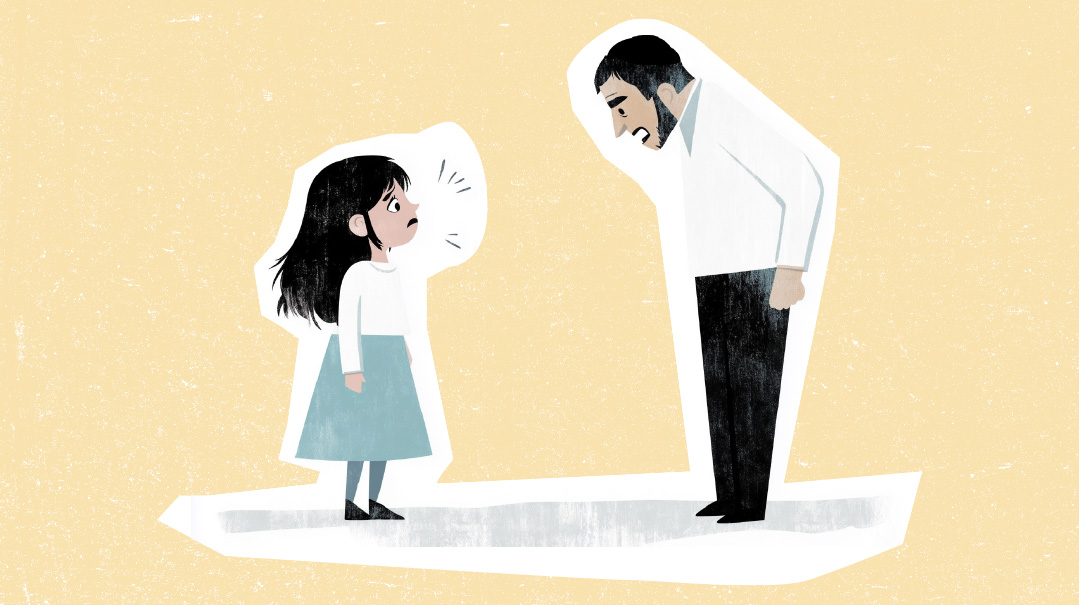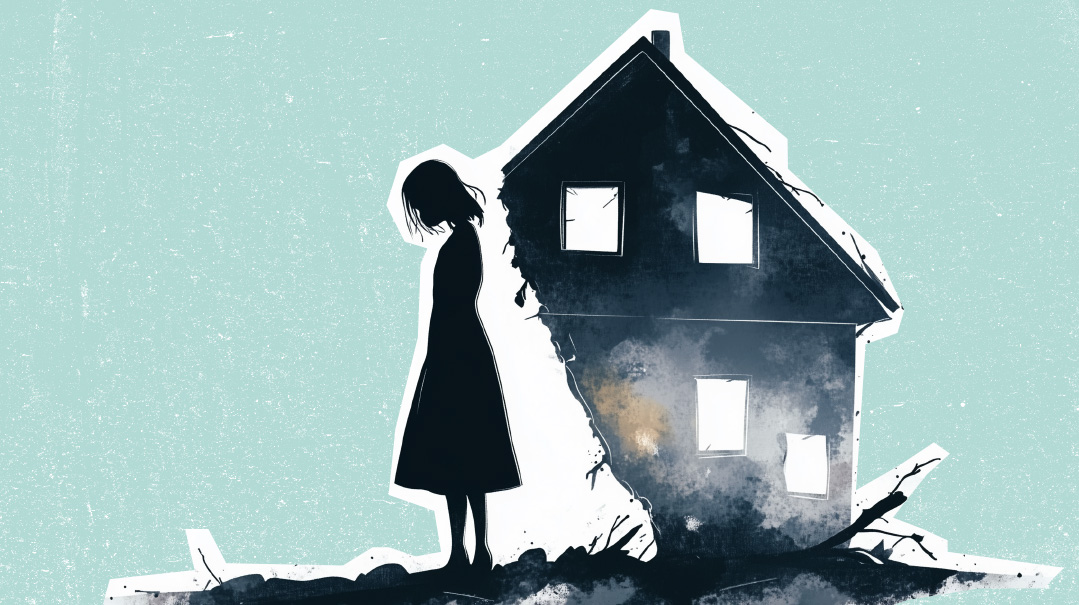“I’m My Parents’ Least-Loved Child”

The child in us never really gets over the pain that favoritism causes

Q
I’m one of four children. None of us live in the same city as my parents, but we all live fairly close to each other (three of us live within walking distance of one another). I’ve never been very close with either of my parents. They’re very social people, and I’ve always been a more quiet, serious type of “bookworm.” Nothing terrible happened between us, but I always felt that my parents favored my siblings, all of whom are louder, more social, and more “fun” than I am.
Fast forward a couple of decades and oddly enough, my feelings of exclusion and rejection by my parents are actually getting worse. I think it’s because when I was living at home, my parents could sort of cover up their feelings better, everyone was together physically, and I could at least blend in. Now, my parents have to fly to visit us and their grandchildren and they also have to decide where they’re going to stay. It’s extremely obvious now how much they prefer all of their other children over me because they have stayed with me for exactly one weekend in ten years while they have regular repeat visits at the homes of my siblings.
When I invite them to stay at my home they always give some reason why it makes more sense for them to be anywhere but with us. My own kids are now old enough to be asking questions. They know that they’re the least loved grandchildren! I feel humiliated and hurt by their open rejection. Their behavior is so obvious that my siblings joke about it when my parents aren’t in town! I know I can’t make my parents love me more but would it be wrong to confront them about their behavior and the impact it’s having on my kids?
A
You’ve described a fairly common problem, although people don’t talk about it much. It’s hard for adults to complain that their parents are showing favoritism to their siblings because it sounds so “babyish!” And yet, the child in us never really gets over the pain that favoritism causes. In fact, parents do like some of their kids more than others because people like some people more than others. It’s the way Hashem made us, and by itself it’s not a problem, providing that we treat all people in the same kind way that Hashem asks of us.
The mitzvah to love our neighbors (strangers) as ourselves asks us to be as sensitive to the feelings of others as we would want them to be of our own. It’s not how much we like someone — how much we have in common with them and how much fun we can have with them — as much as how well we treat them. Your parents should have worked harder to find ways to be closer to you as you were growing up in their home and they should work harder now to be sensitive to your feelings as well. And this effort needs to be made for all their grandchildren as well, since each one has feelings and can easily be hurt by being marginalized within the family.
Although we don’t have the right to tell our parents which mitzvos they need to improve in, we do have the obligation to protect our children to whatever extent we can. Therefore, you can help your children forge bonds with their grandparents without them realizing that they are making the effort rather than the other way around.
Have your kids make cards, telephone calls, and visits to see their grandparents when they are in town. Teach them how to bring gifts, offer help, and otherwise “win” their grandparents’ love and affection. Only if this fails to move the dial would you directly approach your parents to let them know how much your kids love them and how much they’ve been asking to spend time with them.
If even that fails, you can then tell your parents directly that the children are hurting because the cousins are seeing much more of them.
As for yourself, you can follow a similar protocol if you still feel you’d like more closeness with your parents, though you may find that if the children get what they need, this will suffice to reduce the pain you’re feeling.
(Originally featured in Family First, Issue 923)
Oops! We could not locate your form.





